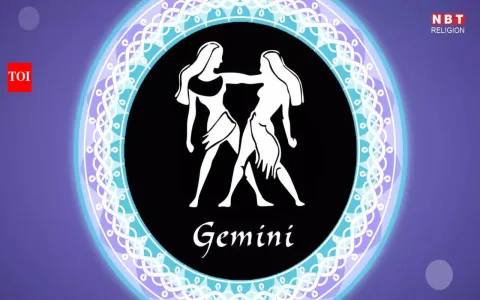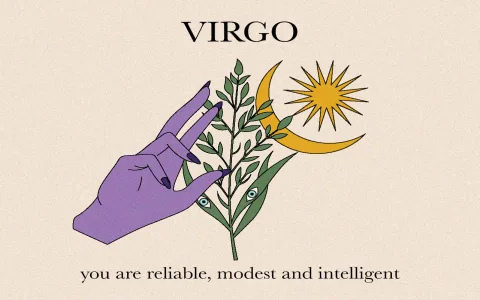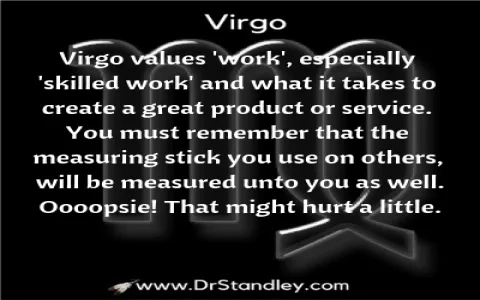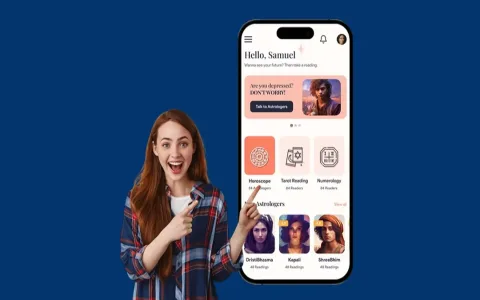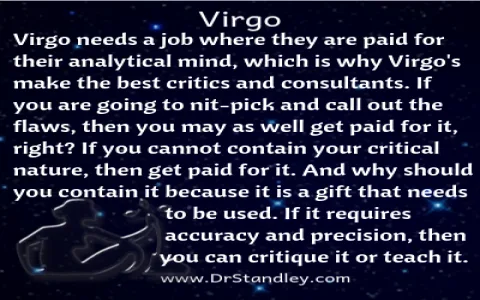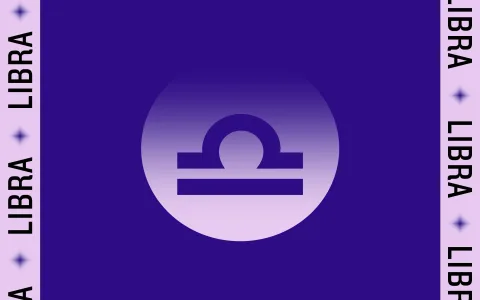The Absolute Horror Show That Forced Me to Change
I swear, if you told me five years ago I’d be talking about love and mindset shifts, I’d have laughed in your face. I was the king of the daily Virgo struggle. Everything had to be perfect. Everything had to be predictable. And my dating life? It was a meticulously planned disaster, every single time.
Why do I know exactly why the typical Virgo single can’t land a relationship? Because I was that guy. I didn’t just have standards; I had a literal, color-coded Google Sheet. Seriously. I logged everything: communication frequency, shared hobbies checklist (must like foreign films, must appreciate dry humor, must agree on a specific retirement location), emotional stability rating out of ten. I went on dates not to connect, but to gather data points to feed the algorithm.
The breaking point came when I met Sarah. She was awesome, funny, and seemed to genuinely like me. But because she scored an 8/10 on “Future Compatibility” instead of my required 9.5, I subconsciously sabotaged the whole thing. I remember sitting there, mid-dinner, pulling out my phone to “check a note” but really just comparing her live performance to the data I’d entered earlier that week. She saw the screen, saw the columns, and just laughed—a confused, slightly pitying laugh. She finished her wine, told me I was dating a spreadsheet, not a person, and walked out. Dumped me cold right next to the dessert menu.
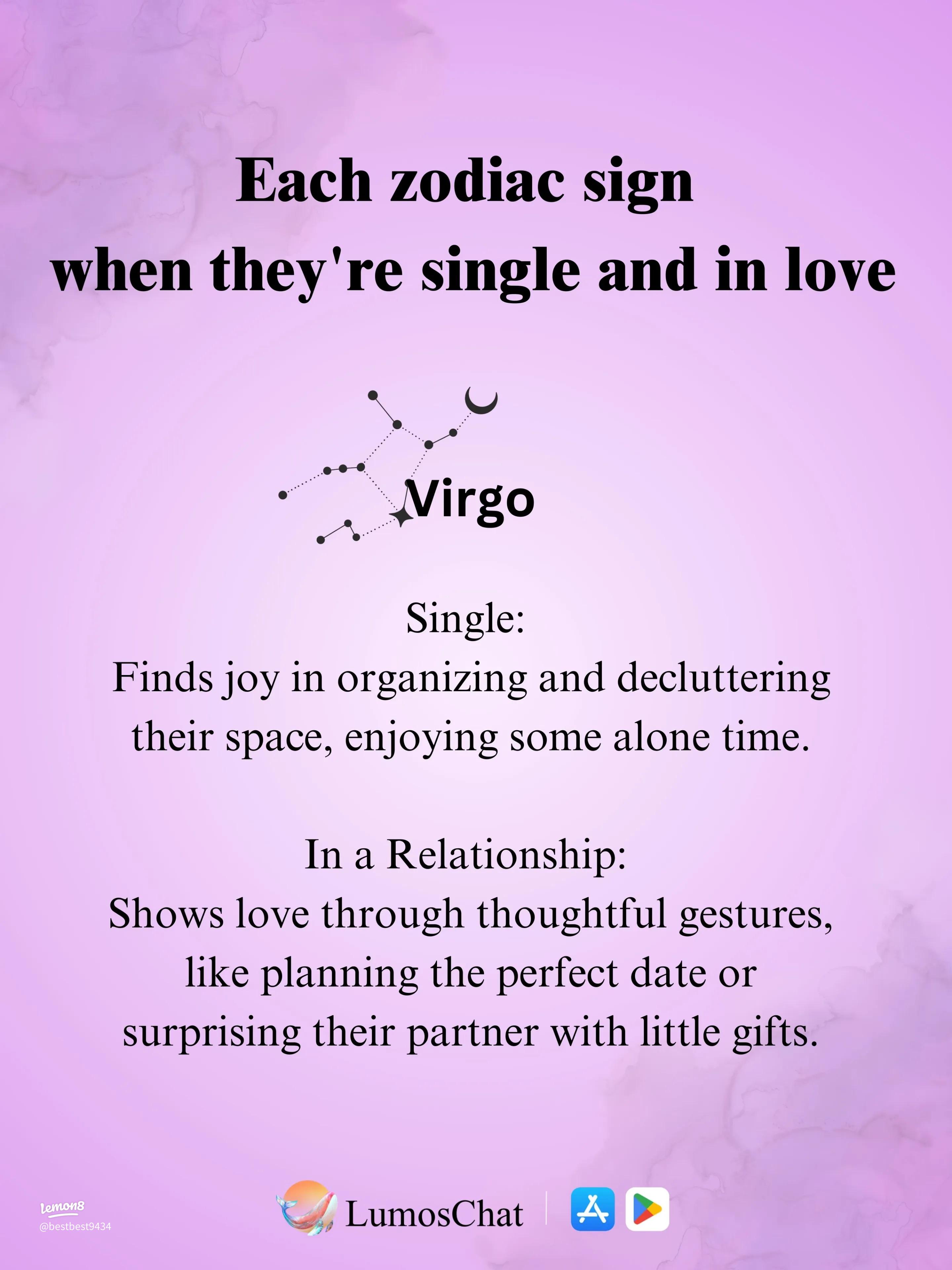
That incident, that profound, humiliating failure, is why I started this whole experiment. I realized I had built a fortress of expectations so tall that no human being could climb it. I had to rip down the walls, even if it meant living in emotional chaos for a while. The goal wasn’t to find “The One”; the immediate goal was just to stop being an utter psychopath on dates. I had to master these three shifts, and I didn’t ease into them—I forced myself headfirst.
Shift 1: Deleting the Blueprint (Stop Vetting, Start Vibe-ing)
The first action I took was painful. I opened the Google Sheet, stared at five years of meticulously collected data, and clicked “Delete File Forever.” That physical action was crucial. It forced a cognitive break. I then downloaded a couple of dating apps again, but with a new rule: I was only allowed to ask two simple, surface-level questions before suggesting a meet-up. Nothing deep. Nothing about five-year plans. Just, “Do you prefer coffee or tea?” or “What’s the last terrible movie you watched?”
I committed to going on five dates with people who absolutely did not tick all my old boxes. One guy worked in a field I previously deemed “too unstable.” Another woman hated hiking (a mandatory activity in the old spreadsheet). The biggest revelation? When you stop vetting, you start listening. When I wasn’t busy scoring their answers, I noticed their subtle humor, their genuine warmth, the way they lit up talking about their slightly unstable job. I wasn’t searching for a fitting piece; I was encountering a whole person. It was nuts, but it worked.
Shift 2: Embracing the Mess (From Schedule to Spontaneity)
The second practice was harder for a creature of routine like me. My dates were always planned down to the minute: 7:00 PM, Italian place, specific conversational pivot at 7:45 PM. I had to learn to love the mess.
I instituted the “Chaos Date Protocol.” This meant whatever the other person suggested, I immediately had to say yes, no matter how illogical or inefficient it felt. My first chaos date was a disaster—we ended up driving forty minutes away to an obscure antique market, which I despised. But here’s the thing: since I stopped trying to control the environment, I focused entirely on dealing with the unexpected situation together. We laughed about the ridiculousness of the whole trip. That shared, imperfect experience generated more real connection than months of planned, perfect dinners ever did.
I learned that relationships thrive on friction and flexibility, not smooth predictability. When I allowed things to go sideways, I demonstrated actual emotional resilience and an ability to relax, which turns out, is highly attractive. The practice here was purely physical: stop reserving tables, start just showing up.
Shift 3: Finding Your Own Horizon (The Magnetism Shift)
The final, and most impactful, practice was reversing the focus. Virgos often struggle because we treat dating like a project management task—we are actively hunting for the missing component.
I decided to completely cease the active hunt for three months. No apps. No asking friends for introductions. Instead, I redirected all that hyper-focused energy inward. I had always wanted to learn to weld (don’t ask why, it just seemed cool). I signed up for a local welding class. I re-engaged with my obscure hobby of collecting vintage arcade parts. I focused on maximizing my own contentment without needing an external partner to validate my existence or fill my schedule.
The irony? I met my current partner, Emily, at the welding class. I wasn’t looking for her. I was looking at a TIG welder. I wasn’t performing or trying to impress; I was engrossed in my own thing. That’s the magnetism. When you become intensely interesting to yourself, other interesting people show up. I stopped chasing the checklist and started radiating genuine self-satisfaction. And when she walked up and asked if I needed a hand holding a piece of scrap metal, I wasn’t thinking about the score sheet. I was just thinking, “Man, this is cool.” That’s the shift. It’s about being so busy building your own empire that someone great decides they want to move in.

